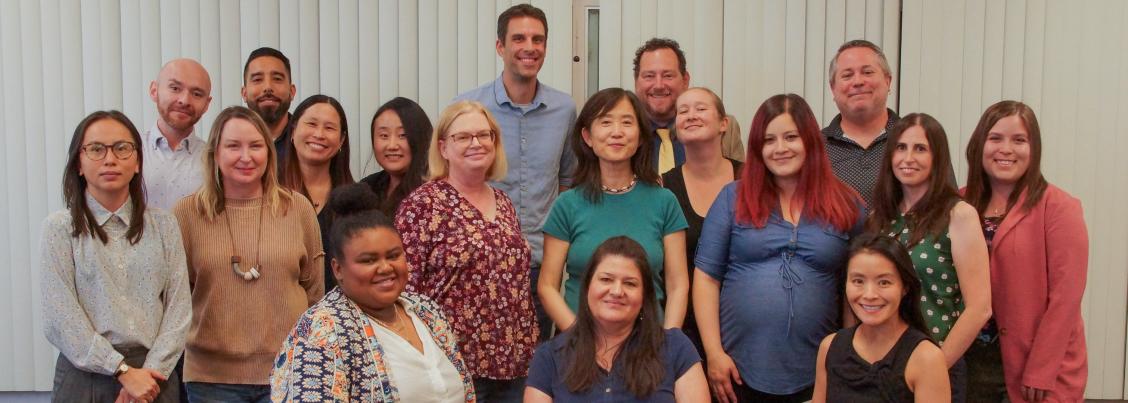Biography
Education
- Ph.D 2015, Claremont Graduate University (Applied Cognitive Psychology)
- M.A. 2012, Claremont Graduate University (Applied Cognitive Psychology)
- B.A. 2009, California State University Fullerton (Psychology)
Specialty Areas: Cognitive Psychology, Legal Psychology, Lie Detection, Memory.
**Currently not accepting research assistants.
Courses Taught
- Psy 321 / L Research Methods and Lab
- Psy 488M/ S Advanced Topics in Cognitive Psychology
Selected Publications and Presentations
Fenn, E., Ramsay, N., Kantner, J., Pezdek, K., Abed, E. (2019) Nonprobative Photos Increase Truth, Like, and Share Judgments in a Simulated Social Media Environment. Journal of Applied Research in Memory and Cognition. https://doi.org/10.1016/j.jarmac.2019.04.005
Abed, E., Fenn, E., & Pezdek, K. (2017). Photographs elevate truth judgments about less well-known people (but not yourself). Journal of Applied Research in Memory and Cognition, 6. 203-209
Fenn, E., McGuire, M., Langben, S., Blandón-Gitlin, I. (2015). A reverse order interview does not aid deception detection regarding intentions. Frontiers in Cognitive Science, 1298.
Fenn, E., Blandón-Gitlin, I., Coons, J., Pineda, C., Echon, R. (2015). The Inhibitory Spillover Effect: Facilitating Control Helps Liars Evade Detection. Consciousness and Cognition, 37. 112-122.
Blandón-Gitlin, I., Fenn, E., Masip, J., & Yoo, A. (2014). Cognitive load approaches to detect deception: Searching for cognitive mechanisms. Trends in Cognitive Sciences, 18(9), 441-444.
Fenn, E., Newman, E., Pezdek, K., & Garry, M. (2013). The effect of nonprobative photographs on truthiness judgments persists over time. Acta Psychologica, 144, 207-211.
Research Interests
I am interested in the application of higher-order cognitive processes such as memory, judgment, and decision-making and social psychological processes such as stereotypes to enhancing communities and organizations, especially in education and the legal system. Students working in my lab will have the opportunity to gain and apply research skills by participating in various aspects of the research process. Students may develop research materials, conduct literature reviews, analyze data using SPSS, R, Excel, conduct qualitative analyses of linguistic and non-verbal behaviors, assist in writing research papers and conference presentations, and attend lab meetings. Students will be encouraged to develop skills in all areas related to conducting empirical research.
A few of the research questions that I am interested in can be grouped into two categories:
- The influence of race on cognitive and social processes:
- In what way do stereotypes influence decision-making in the legal system?
- In what ways does a person's race affect the psychological processes of folks when interacting with law enforcement?
- The application of memory and decision-making theories to truth judgments and communication:
- Why do some viral stories feel truer than others?
- What psychological processes occur when people share information online?
- How can we apply social-cognitive psychology to reduce the sharing of misinformation online?
- Why do some memories feel more available than others? Does the availability of memory influence our actions?
In addition to the above lines of research, I am interested in research methodology and statistics applied to social sciences research. In particular I am interested in applying Signal Detection Theory statistical methods to bettering our understanding of lie detection and memory.
Thank you for reading about my research interests. If you are interested in applying to work with me, please feel free to email me or stop by my office. Please be prepared to talk about your future goals, which area of research you are interested in, and why. I look forward to hearing from you soon!




